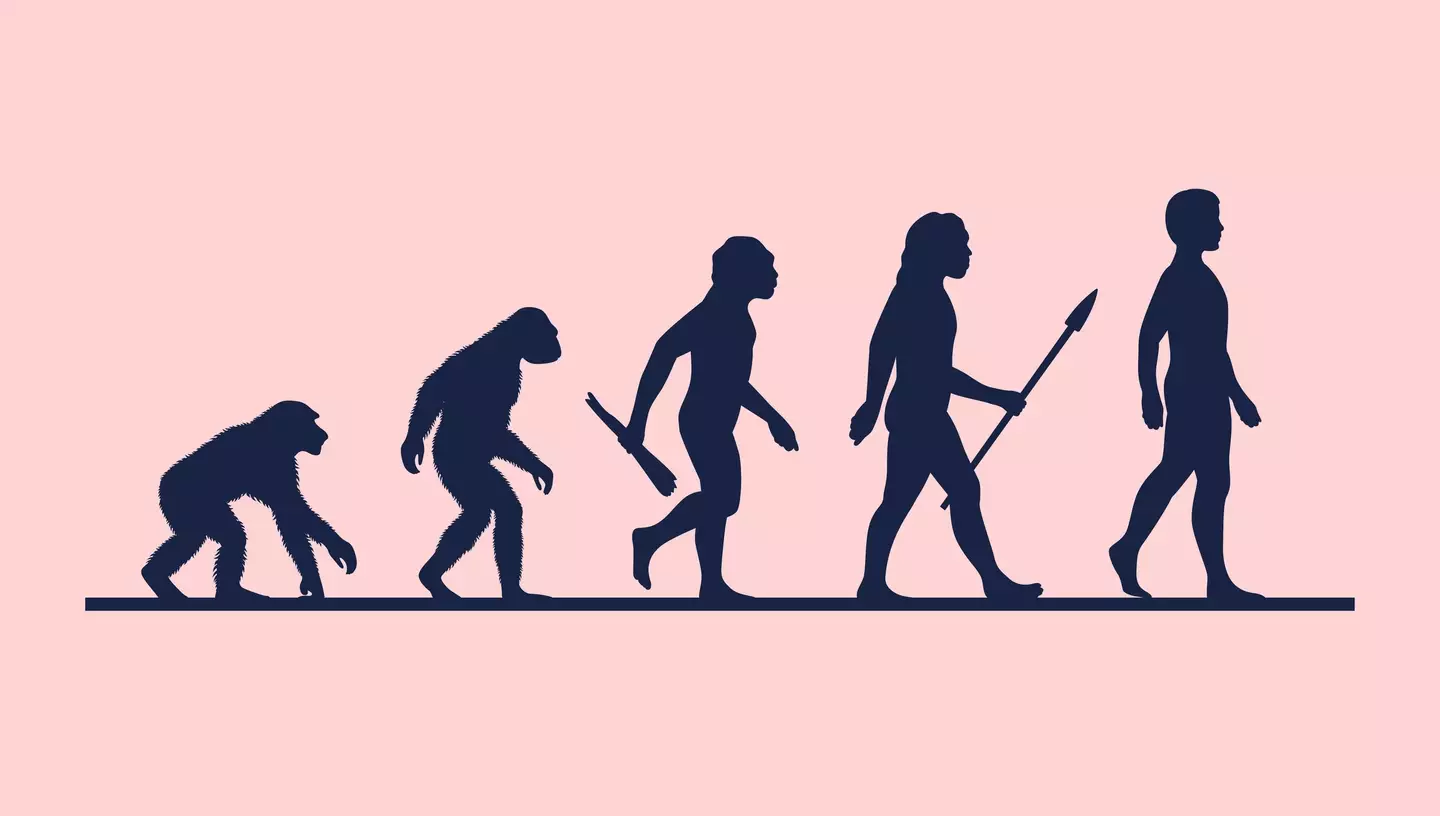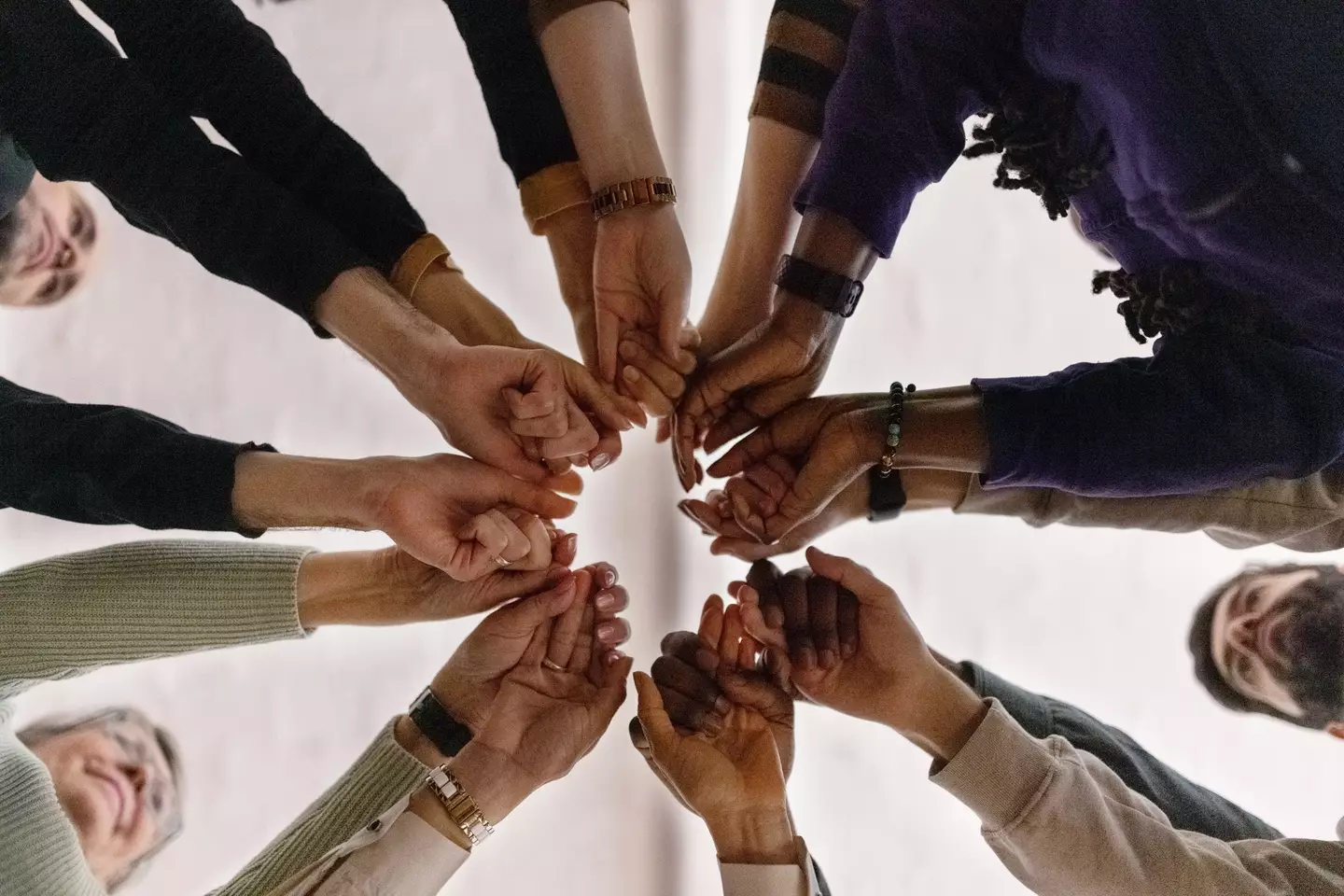Scientists have claimed in a new paper that humans are going through a significant evolutionary period right now.
You might have been forgiven for thinking that after we evolved from apes, humans were pretty much done evolving, but seemingly that’s not the case.
We’ve already seen our fingers go wrinkly when they’re in water for too long, and you might be hoping that could be the first step in allowing us to breathe and live underwater. Given how things are going above the surface, that might be a solid option.
You might also be thinking that human evolution could see us develop special abilities, and while there are some folks who already have real-life superpowers, it doesn’t seem as if we’re going to be flying around or shooting spider webs anytime soon.

We won’t be growing wings or gills anytime soon (Getty Stock)
However, researchers from the University of Maine reckon that humanity might be undergoing an even more significant type of evolution, namely cultural evolution.
Timothy M. Waring, an associate professor of economics and sustainability, wrote: “Human evolution seems to be changing gears.
“When we learn useful skills, institutions or technologies from each other, we are inheriting adaptive cultural practices.
“On reviewing the evidence, we find that culture solves problems much more rapidly than genetic evolution. This suggests our species is in the middle of a great evolutionary transition.”
While you could argue that the British culture of pies, fish and chips and saying sorry hasn’t changed in hundreds of years, it seems as if the rest of humanity is evolving through cultural advancements.

Society and cultural evolution is accelerating quickly, according to the paper (Getty Stock)
Zachary T. Wood, a researcher in ecology and environmental sciences, added: “Cultural evolution eats genetic evolution for breakfast, it’s not even close.
“Ask yourself this: what matters more for your personal life outcomes, the genes you are born with, or the country where you live?
“Today, your well-being is determined less and less by your personal biology and more and more by the cultural systems that surround you — your community, your nation, your technologies. And the importance of culture tends to grow over the long term because culture accumulates adaptive solutions more rapidly.”
The researchers use the example of the coronavirus pandemic, when the world united with lockdowns and scientific research to create a vaccine, eventually creating a ‘national immune system’ to help save society from the illness.
Warin said: “Cultural organisation makes groups more cooperative and effective. And larger, more capable groups adapt — via cultural change — more rapidly,” said Waring. “It’s a mutually reinforcing system, and the data suggest it is accelerating.
“If cultural inheritance continues to dominate our fates as individuals, and the future of our species, may increasingly hinge on the strength and adaptability of our societies.”